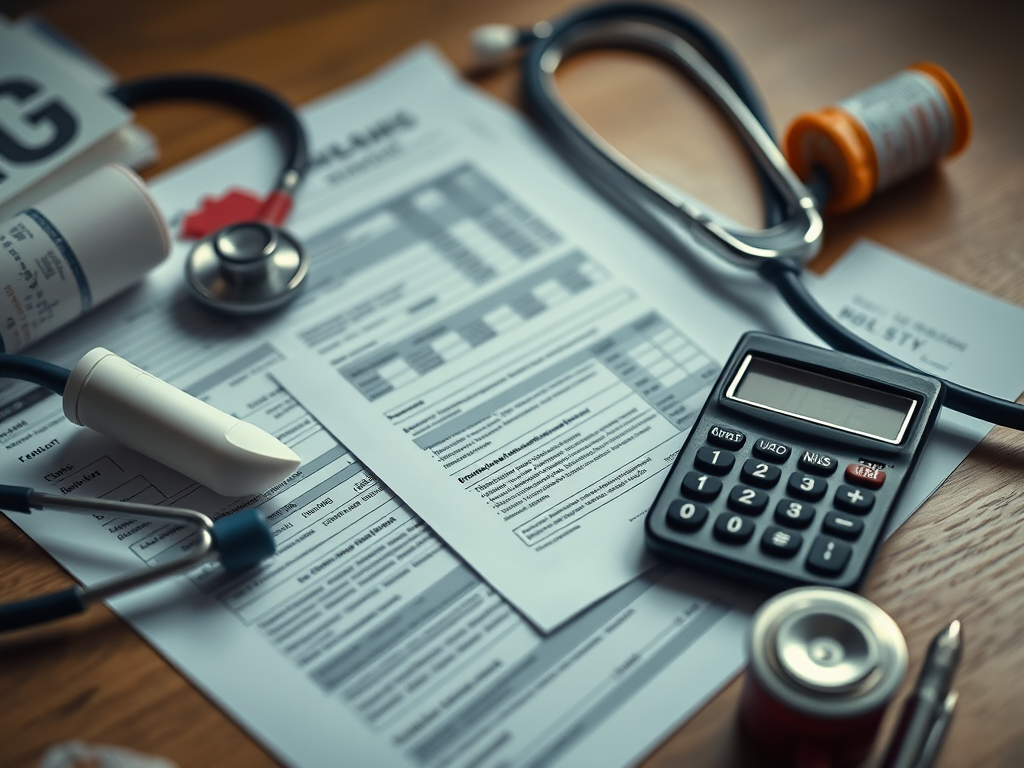The UK budget is on 30th October 2024.
The Nuffield Trust has said, the NHS requires an uplift of 3.6% just to stand still. The NHS in England is heading for an unfunded overspend of £4.8bn this financial year.
The impact of follows on from transfers from the Department of Health and Social Care budget to that of NHS England. By July, the day-to-day running costs of the NHS had already required the budget to be boosted by a further £7bn in transfers from the Department, in addition to the £165bn spending envelope set for it in the March Budget earlier this year.
These transfers will put pressure on the department’s other responsibilities, including health care infrastructure, buildings and technology, public health and adult social care, that were not protected from real-terms cuts under an artificial distinction made by the previous government between “NHS” and non-NHS health spending.
The funding is complicated with Public Health, Social Care and NHS as these are not considered one entity when they are all interdependent.
The March 2024 Budget for the NHS was underfunded when considering population growth and patient need.
What will the Chancellor do?
The chancellor is set to increase the National Insurance rate for employers and lower the threshold for when employers start paying the tax. These 2 measures combined hope to raise about £20bn to boost funding for public services. Employers currently pay National Insurance of 13.8% on a worker’s earnings above £175 a week. A two-percentage point rise in National Insurance to take the employer rate to 15.8%, for example, would raise about £18bn a year according to published Treasury data.
Other tax rises are expected, although it is not likely to introduce the levy to employers’ pensions contributions.
National Insurance contributions are the UK’s second-largest revenue stream behind income tax. It is paid by workers and the self-employed on earnings and profits, and by employers on top of the wages they pay out.
There may be freezing of income tax thresholds. The last increase in the tax-free personal allowance was in 2021 from £12,500 to £12,570. More people are paying tax, or higher rates of tax, as their wages rise and cross the unchanging thresholds.
There may be an increase in tax on asset sales, such as shares and property, and changes to inheritance tax.
The chancellor is believed to have decided on all major measures to be announced in Wednesday’s Budget and that the National Insurance rise has been earmarked for the NHS.
Any changes to the tax can be introduced quickly, within weeks of a Budget, through digitalised payroll systems, meaning revenues can also be generated at speed.
Poverty leads to poor health; we need to address poverty in the UK to improve the nation’s health.

